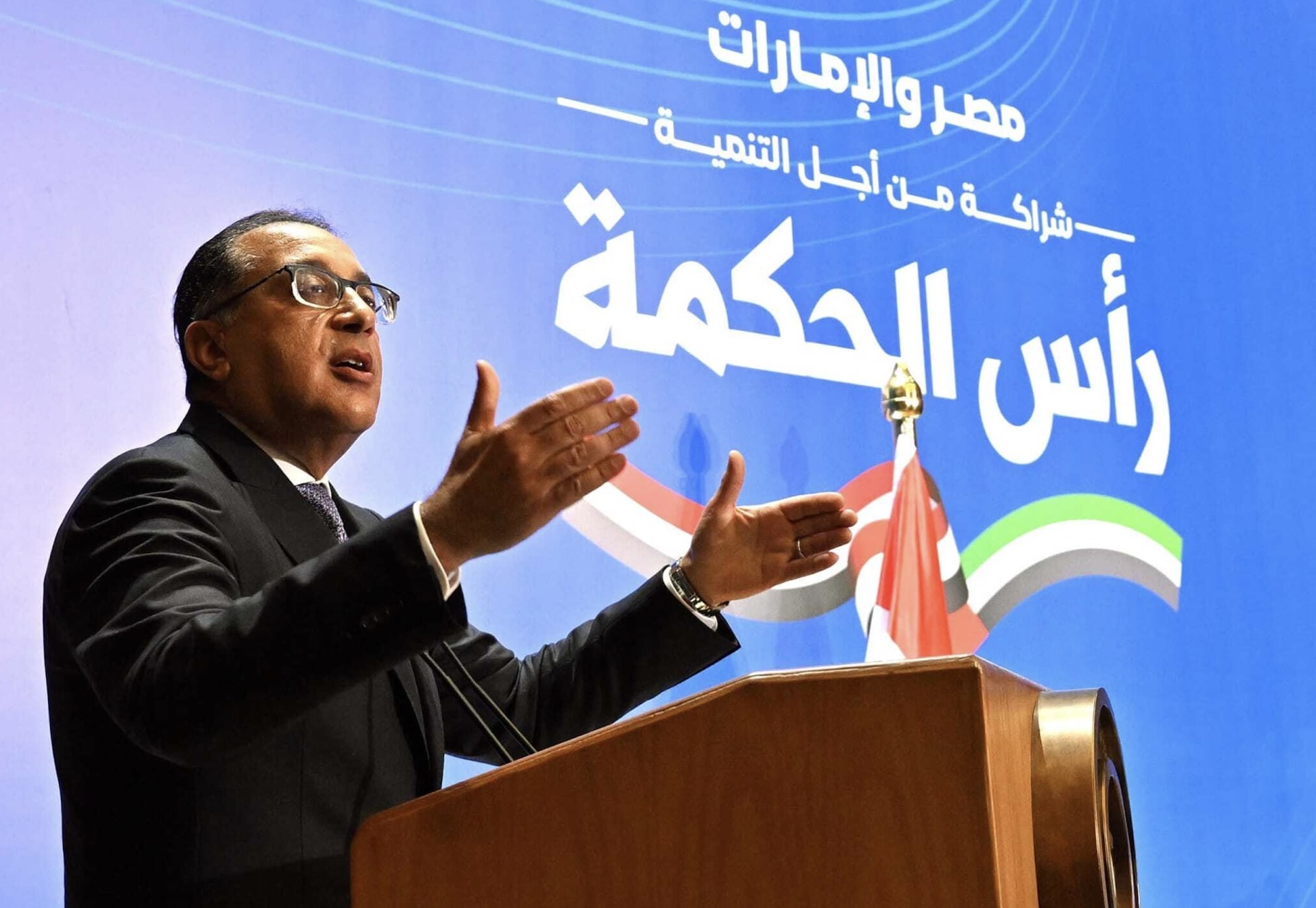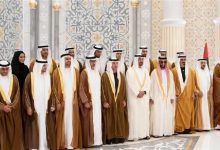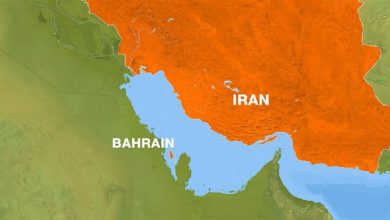Controversy Over Ras Al-Hikma Deal: Egyptian Opposition Raises Concerns Over UAE’s Land Acquisition

Watan-The Egyptian opposition politician Amr Abdel Hadi linked the area of the recently announced Ras Al-Hikma project between Egypt and the UAE to the size of areas of combined countries “now in the grip of the UAE.”
Abdel Hadi stated in a post on his account on the “X” platform: “Do you know, dear Egyptians, that Egypt sold Ras Al-Hikma, which has an area of 170 thousand square kilometers, to the UAE, which means that Mohammed bin Zayed bought an area equivalent to 8 combined countries.”
He added: “These countries are Lebanon with 10.450 million square kilometers, Qatar with 11.570 million square kilometers, the UAE with 83.600 million square kilometers, Palestine with 27.000 million square kilometers, Kuwait with 17.800 million square kilometers, Kosovo with 10.887 square kilometers, Cyprus with 9.250 million square kilometers, and Bahrain with 0.778 million square kilometers.”
هل تعلم عزيزي المصري ان مصر باعت #راس_الحكمه الي مساحتها ١٧٠ الف كم مربع لدويلة #الامارات وهو ما يعني ان محمد بن زايد اشترى مساحة ٨ دول مجتمعه قد 👇
دولة لبنان ١٠.٤٥٠ الف كم
ودولة قطر ١١.٥٧٠ الف كم
ودولة الإمارات ٨٣.٦٠٠ الف كم
ودولة فلسطين ٢٧.٠٠٠ الف كيلو
ودولة الكويت ١٧.٨٠٠ الف…— AMR ABD ELHADY || عمرو عبد الهادي (@amrelhady4000) February 24, 2024
The signing of the Ras Al-Hikma deal
Egypt’s Prime Minister Mustafa Madbouly announced the signing of an investment partnership agreement with the UAE to develop the city of “Ras Al-Hikma” west of Alexandria.
This came in one of the largest and most controversial deals amid allegations that the project would cost the state $150 billion.
Ras Al-Hikma is an area belonging to the Governorate of Marsa Matrouh, containing several hotels owned by businessmen and major companies in Egypt, including projects for well-known companies under implementation.
Pressure on Egypt to sell assets
The deal came at a time when the International Monetary Fund is pressuring Cairo to sell state-owned assets, allowing room for the private sector and enabling a flexible exchange rate for the pound.
Egypt had previously announced the sale of state assets to help finance heavy external debt installments this year and to pave the way for the private sector, as part of the financial support package signed with the IMF.






